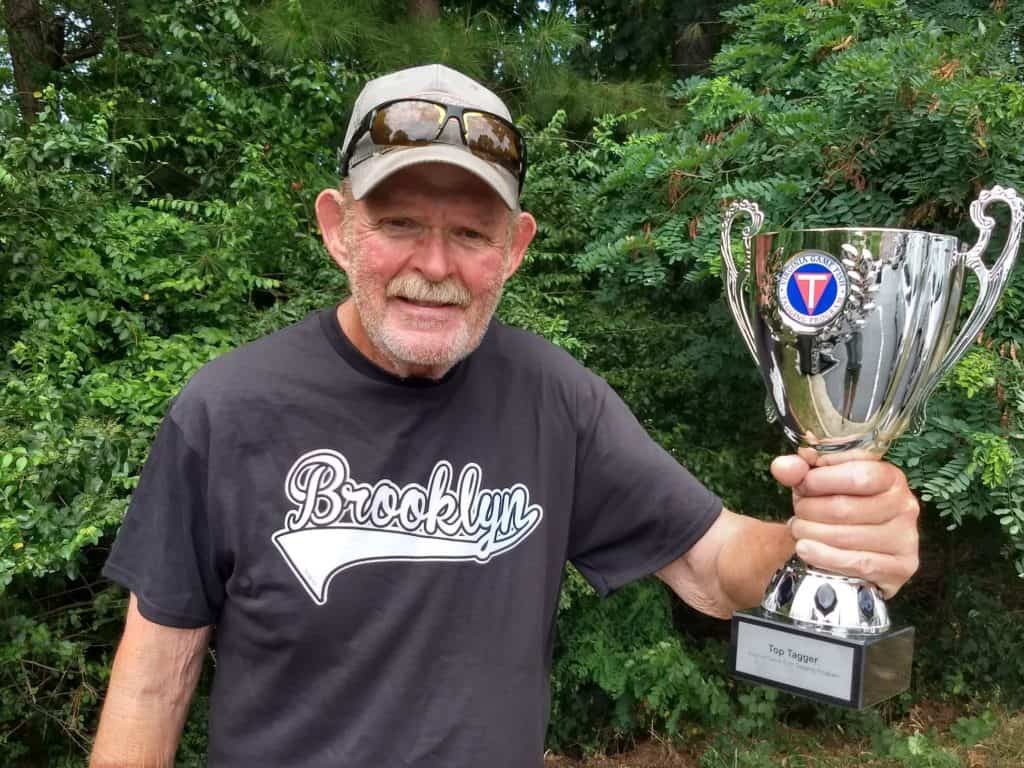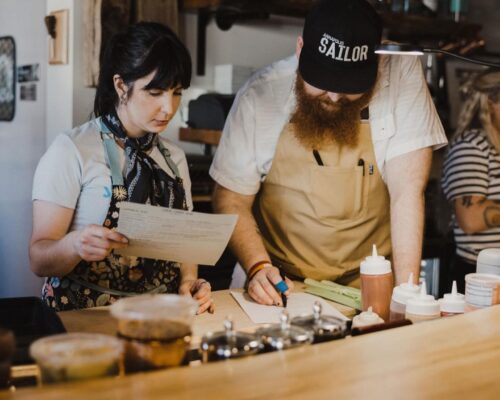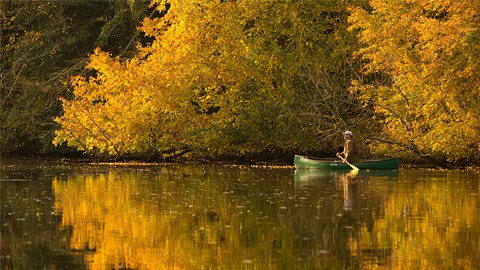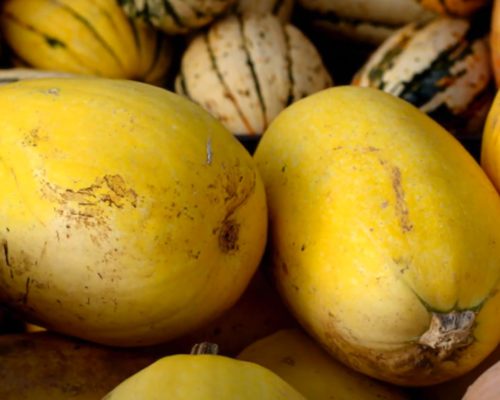Each year, the Virginia Game Fish Tagging Program (VGFTP) gives awards to volunteers who tag and release salt water fish. In 2020, Ed Shepherd, of Yorktown, Virginia, won the coveted top tagger award by tagging over 6,000 fish (exact numbers are not released). More unbelievable, Shepherd has tagged over 83,000 fish since he joined the program—and he catches every single one from public fishing piers.
The VGFTP has been in existence since 1995, and is operated by the Virginia Marine Resources Commission (VMRC) and the Virginia Institute of Marine Science (VIMS). Funding is provided by fishing license revenue. Volunteer anglers catch, measure, tag, and release designated species of fish such as speckled trout and red drum. When a tagged fish is recaptured, catch data are recorded and compared to the original tagging information.

But there is some competition behind the science. The most active taggers, such as Shepherd, engage in a friendly competition each year. In addition to top tagger, there are awards for recaptures and top taggers for different species. Through this program, these top anglers can quietly compete with each other in a friendly manner. Everyone benefits, as the anglers enhance their fishing skills and scientists increase their understanding of fish migrations, habitats, and growth.
According to Susanna Musick, who runs the program for VIMS, “The competition is fun, but anglers join the program to support conservation. The taggers such as Shepherd are great ambassadors for the program. Shepherd and the other top taggers spread the conservation message at the community level, and bring additional taggers into the program. All the credit for the program’s success goes to the taggers and those who report returns.”
The recaptures are fascinating as well. A cobia tagged in the Chesapeake Bay was recaptured 4 years later at an oil rig off the coast of Mississippi. Juvenile cobia from Virginia have been recaptured in Rhode Island. Some fish are recaptured in the same place they were tagged, showing they have definitely found a place to call home.
The program opens to new taggers each December. Volunteers complete training on fish handling and tag insertion. Annual reports, available to the public, provide fascinating data on where fish are caught and recaptured. The reports are extremely informative and are fun to browse on the days you cannot go fishing. Basic information about the program is available at mrc.virginia.gov.
–Kendall Osborne




